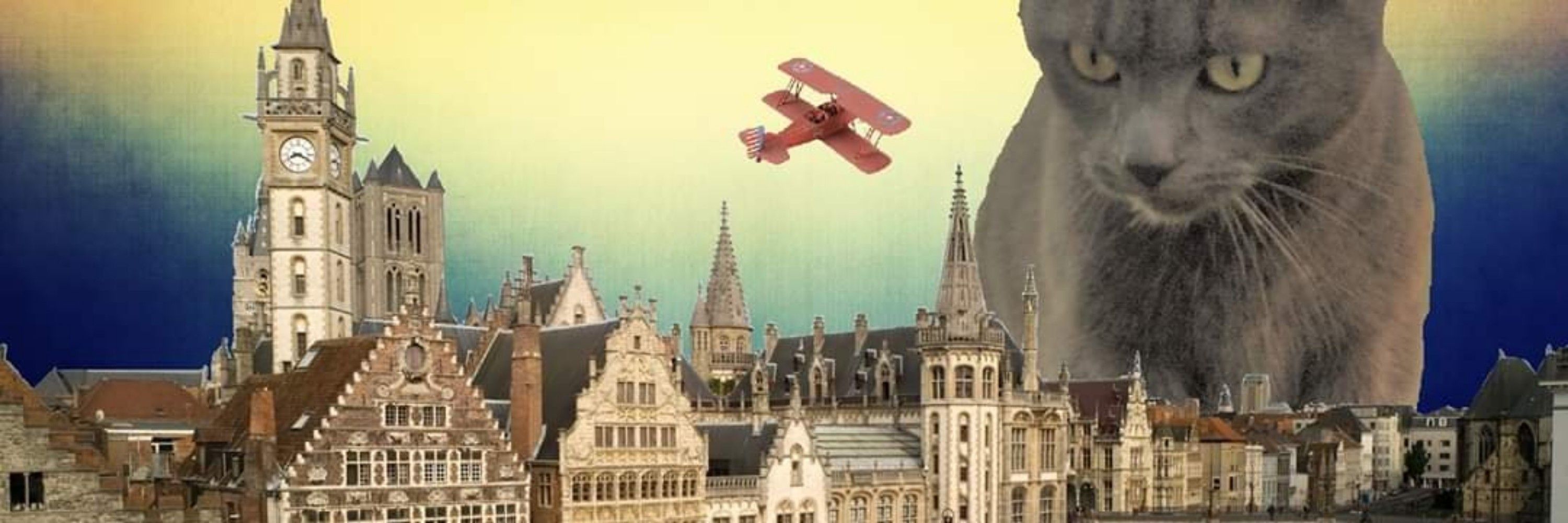
Computational modeling of error patterns during reward-based learning show evidence that habit learning (value free!) supplements working memory in 7 human data sets.
rdcu.be/eQjLN

Computational modeling of error patterns during reward-based learning show evidence that habit learning (value free!) supplements working memory in 7 human data sets.
rdcu.be/eQjLN
Our paper “Leveling up fun: learning progress, expectations and success influence enjoyment in video games” with @thecharleywu.bsky.social and @ericschulz.bsky.social now in Scientific Reports!
rdcu.be/eI069
Paper summary below 1/4

Our paper “Leveling up fun: learning progress, expectations and success influence enjoyment in video games” with @thecharleywu.bsky.social and @ericschulz.bsky.social now in Scientific Reports!
rdcu.be/eI069
Paper summary below 1/4
More information about our work on the lab website sites.google.com/site/ireneco...

More information about our work on the lab website sites.google.com/site/ireneco...
Link: doi.org/10.3758/s134...
#ComputationalCognitiveModeling #SBI

Link: doi.org/10.3758/s134...
#ComputationalCognitiveModeling #SBI
psycnet.apa.org/record/2026-...
🧵 A thread:
psycnet.apa.org/record/2026-...
🧵 A thread:
👇see preprint and thread, led by Zach Ladwig
#neuroskyence #PsychSciSky

👇see preprint and thread, led by Zach Ladwig
#neuroskyence #PsychSciSky
I found this video delightful.

I found this video delightful.
![What do representations tell us about a system? Image of a mouse with a scope showing a vector of activity patterns, and a neural network with a vector of unit activity patterns
Common analyses of neural representations: Encoding models (relating activity to task features) drawing of an arrow from a trace saying [on_____on____] to a neuron and spike train. Comparing models via neural predictivity: comparing two neural networks by their R^2 to mouse brain activity. RSA: assessing brain-brain or model-brain correspondence using representational dissimilarity matrices](https://cdn.bsky.app/img/feed_thumbnail/plain/did:plc:e6ewzleebkdi2y2bxhjxoknt/bafkreiav2io2ska33o4kizf57co5bboqyyfdpnozo2gxsicrfr5l7qzjcq@jpeg)
📰https://authors.elsevier.com/a/1lMMD2Hx2-9B8
📰https://authors.elsevier.com/a/1lMMD2Hx2-9B8
Join the FLARE project @cimcyc.bsky.social to study sudden perceptual learning using fMRI, RSA, and DNNs.
🧠 2 years, fully funded, flexible start
More info 👉 gonzalezgarcia.github.io/postdoc/
DMs or emails welcome! Please share!
Join the FLARE project @cimcyc.bsky.social to study sudden perceptual learning using fMRI, RSA, and DNNs.
🧠 2 years, fully funded, flexible start
More info 👉 gonzalezgarcia.github.io/postdoc/
DMs or emails welcome! Please share!
shengjiexu.ugent.be/CoCoFlex_Sem.... Poster or talk submission deadline is in two weeks: July 31st!
shengjiexu.ugent.be/CoCoFlex_Sem.... Poster or talk submission deadline is in two weeks: July 31st!
👉 Still growing, but ready to explore: wobc.github.io/programming_book/
👉 Still growing, but ready to explore: wobc.github.io/programming_book/

Join us to explore how people learn from each other—and how that drives cultural evolution.
Run experiments, build computational models & collaborate across Europe w. @lucasmolleman.bsky.social
📍 Stockholm
More info: shorturl.at/CY4wk

Join us to explore how people learn from each other—and how that drives cultural evolution.
Run experiments, build computational models & collaborate across Europe w. @lucasmolleman.bsky.social
📍 Stockholm
More info: shorturl.at/CY4wk
👉 PhDs: hmc-lab.com/ERC_PhDs.html
👉 Postdoc: hmc-lab.com/ERC_Postdoc....
👉 PhDs: hmc-lab.com/ERC_PhDs.html
👉 Postdoc: hmc-lab.com/ERC_Postdoc....
@lucvermeylen.bsky.social @sebraem.bsky.social @kobedesender.bsky.social @gonzalezgarcia.bsky.social @mruz.bsky.social
www.nature.com/articles/s44...
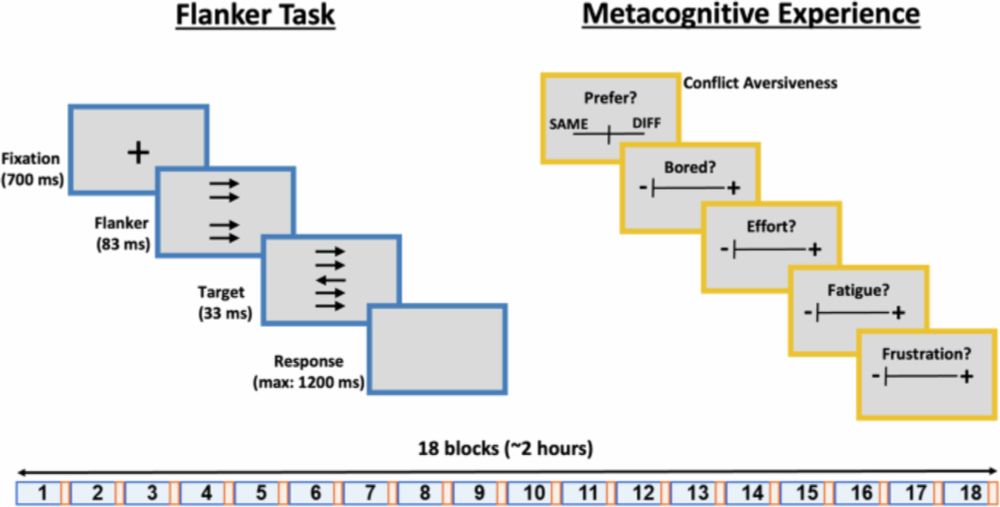
@lucvermeylen.bsky.social @sebraem.bsky.social @kobedesender.bsky.social @gonzalezgarcia.bsky.social @mruz.bsky.social
www.nature.com/articles/s44...

@lucvermeylen.bsky.social @sebraem.bsky.social @kobedesender.bsky.social @gonzalezgarcia.bsky.social @mruz.bsky.social
www.nature.com/articles/s44...
authors.elsevier.com/a/1lMiv4sIRv...
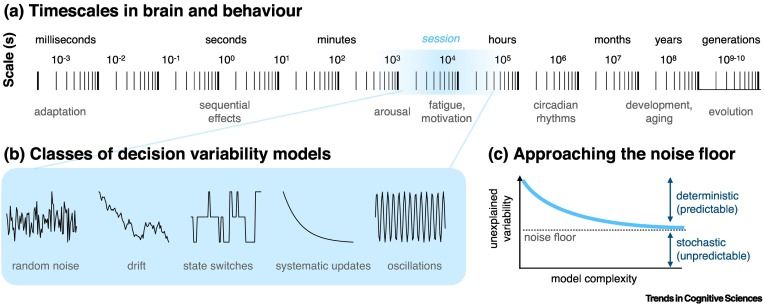
authors.elsevier.com/a/1lMiv4sIRv...
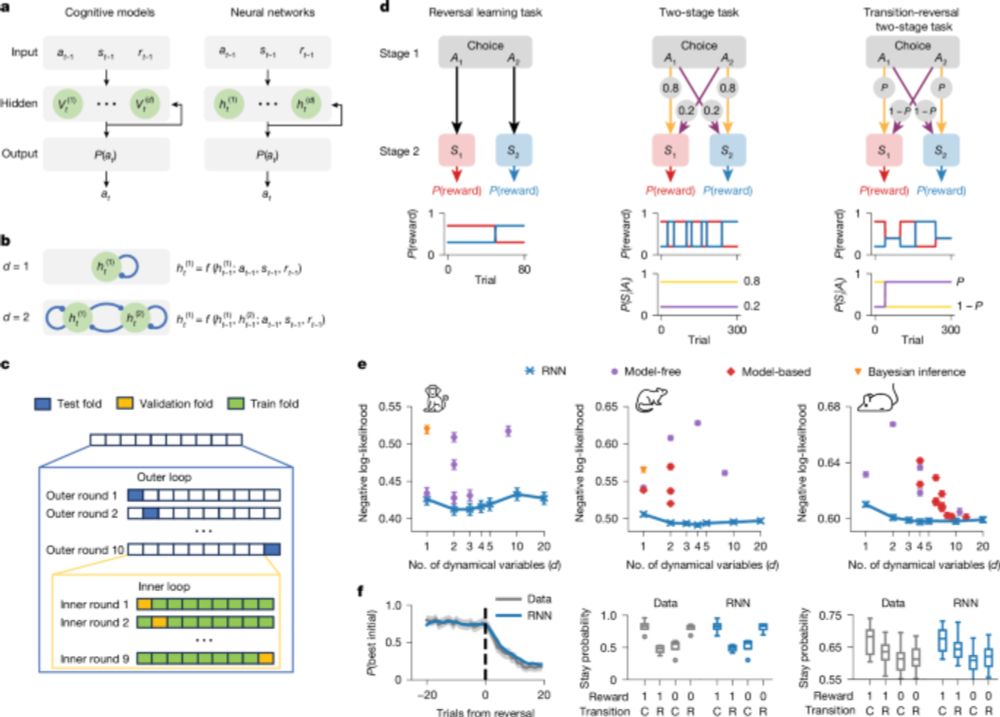
www.nature.com/articles/s41...
#neuroscience
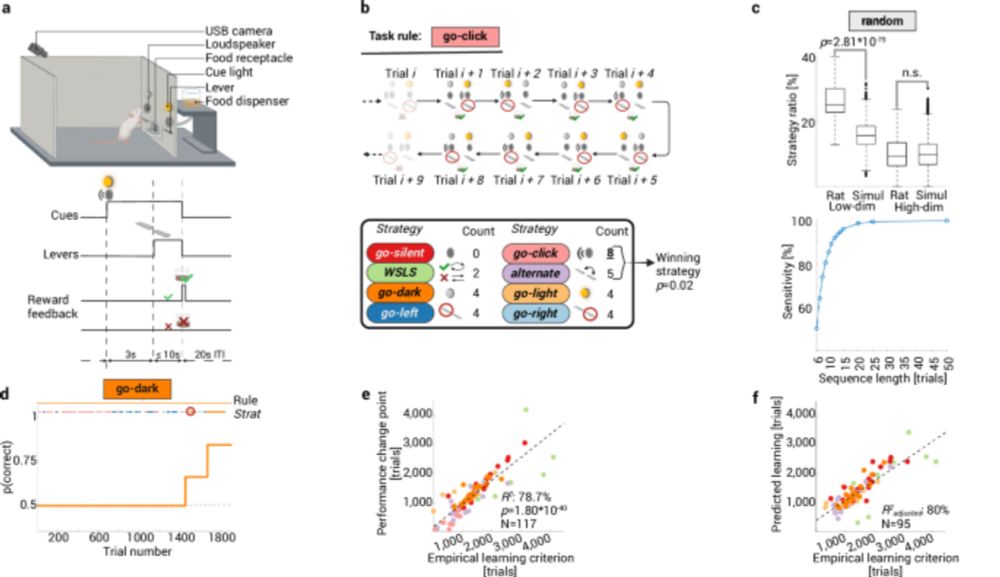
www.nature.com/articles/s41...
#neuroscience
www.science.org/doi/10.1126/...
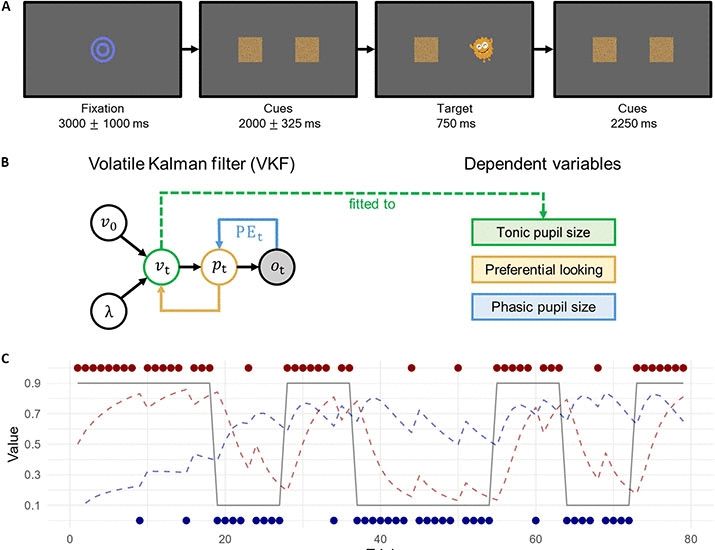
www.science.org/doi/10.1126/...
I'm looking for 3 PhDs & 1 Postdoc for my @erc.europa.eu project “C4: Compositional Compression in Cognition and Culture” to study learning across individuals, teams, and cultural timescales
👉 PhD: hmc-lab.com/ERC_PhDs.html
👉 Postdoc: hmc-lab.com/ERC_Postdoc....
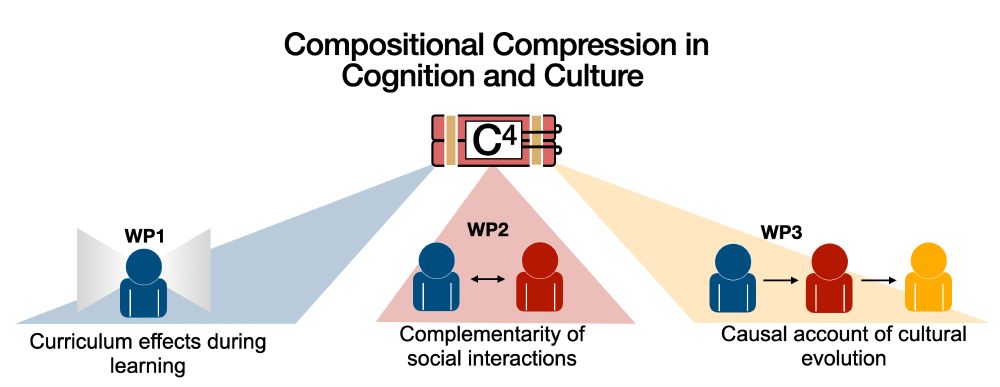
I'm looking for 3 PhDs & 1 Postdoc for my @erc.europa.eu project “C4: Compositional Compression in Cognition and Culture” to study learning across individuals, teams, and cultural timescales
👉 PhD: hmc-lab.com/ERC_PhDs.html
👉 Postdoc: hmc-lab.com/ERC_Postdoc....

